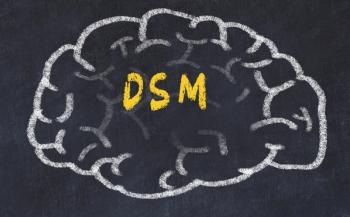
Mayday! Mayday! I Was Rejected
What lessons can we learn from May Day, mayday, and rejection?
PSYCHIATRIC VIEWS ON THE DAILY NEWS
Today is May 1st. It is a day internationally known as Labor Day in honor of workers. In the United States, it has also come to be known as “college decision day,” when many students have to finalize their college choices based on their applications that were accepted or rejected. That has just been the case with our oldest granddaughter,
In another spelling, mayday traditionally has been a call for help. After being rejected from desired colleges, that is a feeling that students and their parents sometimes feel.
Especially given the increased number of applications that colleges receive,
This scenario is common at other levels of graduate education and in the workforce with job applications, as well as in other aspects of life, like interpersonal relationships and creative products. Last Thursday, Rabbi Harold Kushner died. He was the author of the best-selling book
High school students and their counselors have been developing a new rejection strategy, as discussed in The New York Times article yesterday, “
“You’ve been rejected, you’re too smart. Love, NYU.”
However, while this kind of humorous reframing may cut the pain of rejection, it may also curtail what is best for recovering from the
In our everyday clinical work, failure can be an underestimated challenge. Patients that do not do well can be a major threat to our own self-esteem, whether we have some responsibility for that or not. Consultation and supervision with trusted colleagues can be of help when that occurs.
Patients themselves can feel like failures when their mental disorder hinders them from pursuing life goals. Others can be blamed for that, including us in psychiatry.
The educational lesson? Don’t fail to learn from failure.
Dr Moffic is an award-winning psychiatrist who has specialized in the cultural and ethical aspects of psychiatry. A prolific writer and speaker, he received the one-time designation of Hero of Public Psychiatry from the Assembly of the American Psychiatric Association in 2002. To create a better world, he is an advocate for treating mental health issues related to climate instability, burnout, Islamophobia, and anti-Semitism. He serves on the Editorial Board of Psychiatric Times™.
Reference
1. Eskreis-Winkler L and Fishbach A: You think failure is hard? So is learning from it. Perspect Psychol Sci. 2022; 17(6):1511-1524.
Newsletter
Receive trusted psychiatric news, expert analysis, and clinical insights — subscribe today to support your practice and your patients.







